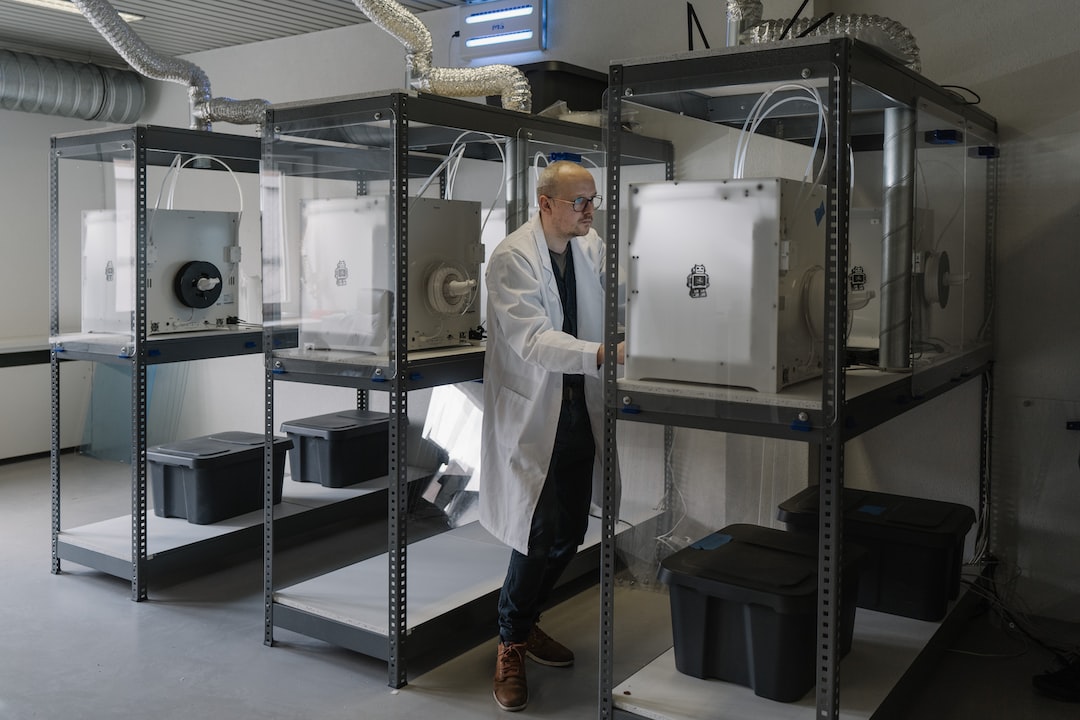Sustainable Production: A Growing Trend in the Industry
In recent years, sustainability has become a hot topic across various industries. As the world grapples with the effects of climate change and dwindling natural resources, the need for sustainable production has never been more pressing. Companies are increasingly recognizing the importance of incorporating environmentally-friendly practices into their operations, and this trend is only expected to grow in the coming years. In this blog post, we will explore the concept of sustainable production and its impact on the industry.
What is sustainable production?
Sustainable production, also known as green production or eco-friendly production, refers to the process of manufacturing goods while minimizing the negative impact on the environment. It involves carefully considering every stage of the production cycle, from the sourcing of raw materials to the end disposal of the finished product. The aim is to reduce resource consumption, minimize waste generation, and minimize the emission of harmful gases.
Why is sustainable production important?
Sustainable production is crucial for several reasons. Firstly, it helps mitigate the environmental impact of manufacturing activities. Factories and production facilities are known to be major contributors to pollution and climate change due to their energy consumption and waste generation. By adopting sustainable practices, companies can significantly reduce their carbon footprint, conserve natural resources, and protect ecosystems.
Secondly, sustainable production offers economic benefits. Many consumers today prioritize purchasing products that are sustainably produced. As a result, companies that embrace green practices are more likely to attract environmentally-conscious customers, leading to increased demand and higher profits. Moreover, sustainable production often involves optimizing energy and resource usage, leading to cost savings in the long run.
Thirdly, sustainable production contributes to social welfare. In the quest for sustainability, companies are spurred to consider the ethical dimensions of their operations. This includes ensuring fair labor practices, promoting workers’ rights, and supporting local communities. By aligning their values with those of socially responsible consumers, companies can foster trust and goodwill among their stakeholders.
Examples of sustainable production in the industry:
Numerous companies across different sectors have taken significant steps to incorporate sustainable production into their operations. One notable example is the fashion industry. Fast fashion, characterized by frequent product turnover and excessive resource consumption, has been a major source of environmental degradation. However, some companies are now adopting sustainable practices such as using organic or recycled materials, reducing water usage in manufacturing, and implementing ethical labor standards.
The food industry is also making strides towards sustainable production. Many companies are prioritizing sourcing local and organic ingredients, reducing food waste, and embracing energy-saving measures in production facilities. Such initiatives not only benefit the environment but also cater to the increasing demand for healthier and more responsibly-produced food products.
The automotive sector is another industry where sustainable production is gaining traction. Electric vehicles (EVs) are becoming more popular, as they are emission-free and rely on renewable energy sources. Additionally, some car manufacturers are implementing more sustainable manufacturing processes by using recycled materials and reducing energy consumption in their factories.
The path to sustainable production:
Transitioning to sustainable production requires a multifaceted approach involving various stakeholders. Governments can play a crucial role by implementing regulations and incentives that encourage companies to embrace sustainable practices. This could include tax breaks for businesses that adopt green technologies, mandatory reporting on environmental impact, or stricter emission standards.
Consumers also have the power to drive sustainable production by making conscious choices. By supporting companies that prioritize sustainability and demanding more eco-friendly products, consumers create a market demand that encourages businesses to change their practices.
Companies themselves must take the lead, committing to sustainable production as a core principle of their operations. This involves conducting life cycle assessments, identifying areas of improvement, investing in research and development of green technologies, and engaging in transparent reporting on sustainability initiatives.
In conclusion, sustainable production is a growing trend in various industries. As the importance of combating climate change and preserving natural resources becomes increasingly evident, companies are recognizing the benefits of adopting environmentally-friendly practices. By embracing sustainable production, these companies can reduce their environmental impact, attract customers, and contribute to social welfare. The path to sustainable production requires collaboration between governments, consumers, and businesses, but the long-term benefits make it a worthwhile endeavor for the industry as a whole.

